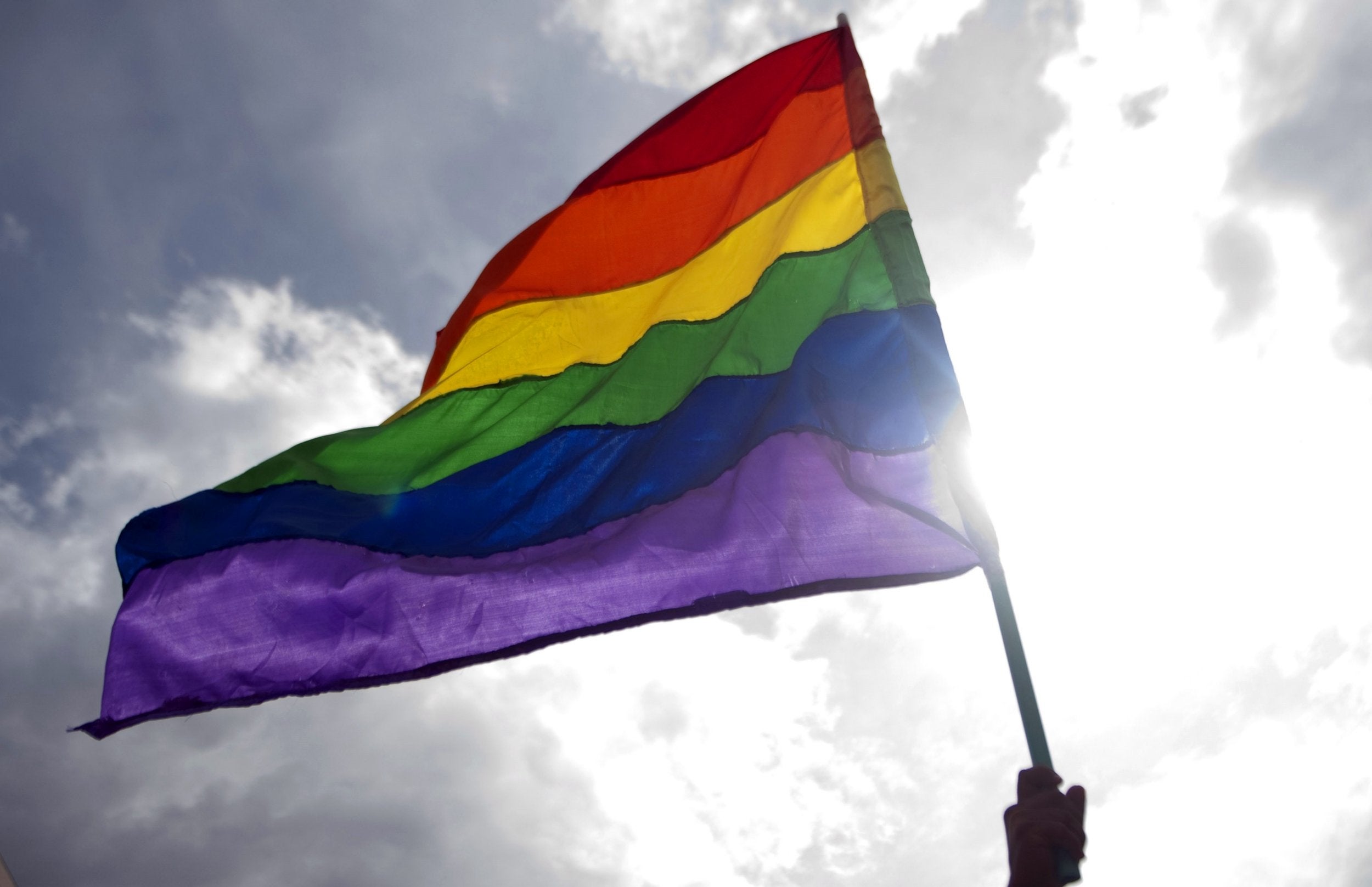Quarter of LGBT+ people have witnessed discrimination from NHS staff while seeking treatment, poll finds
Majority of LGBT+ respondents have experienced depression in the past year, with negative attitudes and lack of awareness particularly harmful to trans people

Your support helps us to tell the story
From reproductive rights to climate change to Big Tech, The Independent is on the ground when the story is developing. Whether it's investigating the financials of Elon Musk's pro-Trump PAC or producing our latest documentary, 'The A Word', which shines a light on the American women fighting for reproductive rights, we know how important it is to parse out the facts from the messaging.
At such a critical moment in US history, we need reporters on the ground. Your donation allows us to keep sending journalists to speak to both sides of the story.
The Independent is trusted by Americans across the entire political spectrum. And unlike many other quality news outlets, we choose not to lock Americans out of our reporting and analysis with paywalls. We believe quality journalism should be available to everyone, paid for by those who can afford it.
Your support makes all the difference.Nearly a quarter of gay, lesbian, bisexual and trans people in Britain have witnessed NHS staff making negative remarks about LGBT+ people while seeking care, according to a survey on mental health and inequality.
The research, commissioned by the charity Stonewall, found that the majority (52 per cent) of LGBT+ people had experienced depression in the past year, while three in five had experienced an anxiety disorder.
This compares with one in six of the general population having experienced a mental health problem, and inequalities in health services deter a significant minority from seeking support.
Mental health issues were significantly higher among LGBT+ people who experienced discrimination or abuse in their day-to-day lives, and were most acute among transgender people.
In the past year, 12 per cent of trans people responding to the poll said they had tried to complete suicide, while nearly half had experienced suicidal thoughts.
In one testimony, a respondent from the southeast, identifying as Elijah, 19, said: “I got sectioned after a suicide attempt and the nurse said that my mental health problems were due to allowing Satan in my soul.
“If I just accepted my true gender then God could forgive me.”
Of the 5,000 LGBT+ respondents to the YouGov poll, 23 per cent said they had witnessed similar negative remarks from health professionals and 14 per cent have been put off seeking treatment because of fear of discrimination.
These issues extend to a lack of understanding of their health needs and unequal access to support for a significant minority of lesbian, gay and bisexual people, and as much as 63 per cent among trans people.
“Simply being lesbian, gay, bi or trans shouldn’t mean you’re at higher risk of experiencing poorer mental health or should have to expect unequal treatment from healthcare services in Britain today,” Paul Twocock, director of campaigns, policy and research at Stonewall, said.
“Unfortunately, this report shows that for many, it still does.”
While there has been “outstanding progress” on improving these issues in the NHS, the research paints a “bleak picture” and suggests a need for wider professional training on LGBT+ issues in the NHS, the charity said.
“We need the UK, Scottish and Welsh governments and the NHS to take action to ensure health service staff at all levels understand the needs of all LGBT people and how to support them,” Mr Twocock said.
Join our commenting forum
Join thought-provoking conversations, follow other Independent readers and see their replies
Comments